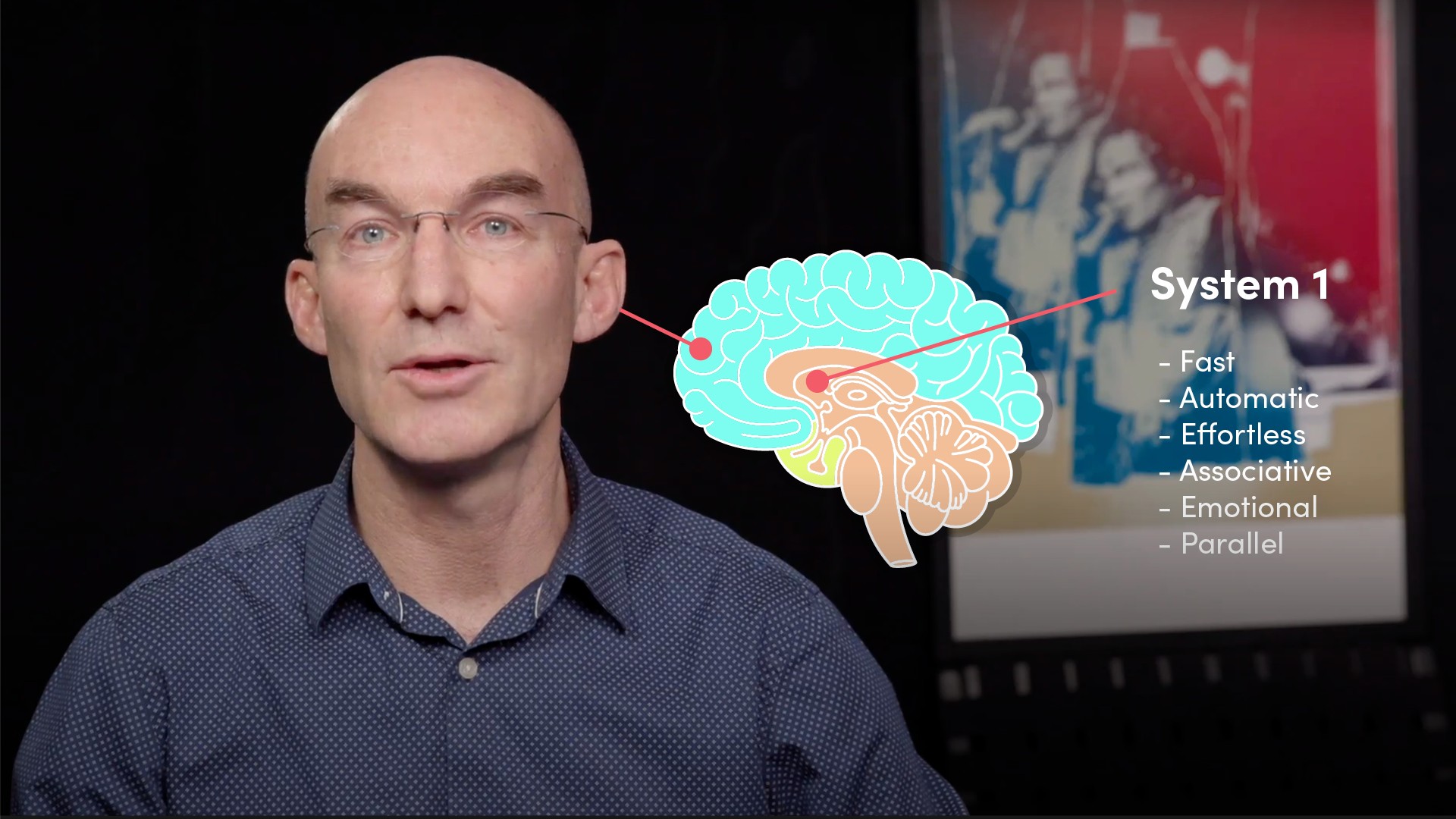
The Behavioural Science Perspective of Culture Change

Roger Noon
25 years: Behavoural science & culture
In the second video of his series on "Culture Change in Practice", Roger has touched on some of the areas of behavioural science that are finding uses and applications in helping our understanding of organisational culture and how to influence it.
In the second video of his series on "Culture Change in Practice", Roger has touched on some of the areas of behavioural science that are finding uses and applications in helping our understanding of organisational culture and how to influence it.
Subscribe to watch
Access this and all of the content on our platform by signing up for a 7-day free trial.

The Behavioural Science Perspective of Culture Change
9 mins 5 secs
Key learning objectives:
Understand the consequences of a poor cultural mentality
Define Social norms
Outline the usefulness of the behavioural science perspective
Overview:
Behavioural Science is concerned with investigating the psychological, sociological and anthropological phenomenon that influences human actions. We can also use behavioural science insights to enhance our understanding of what culture is and how we can influence it.
Subscribe to watch
Access this and all of the content on our platform by signing up for a 7-day free trial.
Why is a behavioural science perspective useful?
Behavioural Science is concerned with investigating the psychological, sociological and anthropological phenomenon meaning it looks at how and why people really behave as they do rather than how we believe they should behave. According to the dual process theory, popularised by Daniel Kahneman, the way we make decisions can be envisioned in respect to two modes:
- Conscious - Logical thinking that involves intention and effort to deal with the problem
- Unconscious - It includes instinctive reasoning that underpins many of our day-to-day job decisions
What are Heuristics?
Mental shortcuts or approximations that we have adopted based on our experiences. They are our mental assumptions, and we sometimes do not doubt them.
What are the consequences of poor cultural mentality?
- Poor business performance
- Lack of competitiveness
- Shutting down of innovation and openness
What are Social norms?
These are the informal rules that groups adopt to control and condone behaviour and they exert an exceptionally powerful influence on individuals within a group. They are essential for effective team working and team cohesion.
One of the key reasons for the existence of norms is to set limits on the behaviors that group members need to work under. Norms can be difficult to change, which affects our ability to adapt to sudden changes in our environment - for example when strategic or regulatory imperatives dictate the need for sales and trading staff to behave in a different way towards their clients.
This is because our internalised assumptions contain enormously strong 'below the surface' culture drivers that we are frequently unaware of and require time to rewire.
Subscribe to watch
Access this and all of the content on our platform by signing up for a 7-day free trial.

Roger Noon
There are no available Videos from "Roger Noon"





























